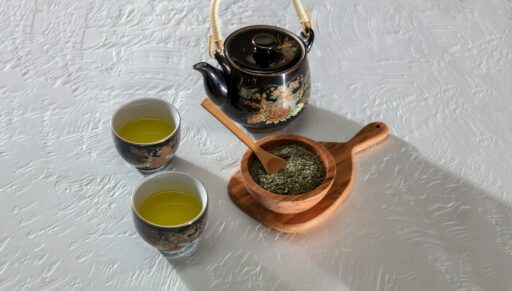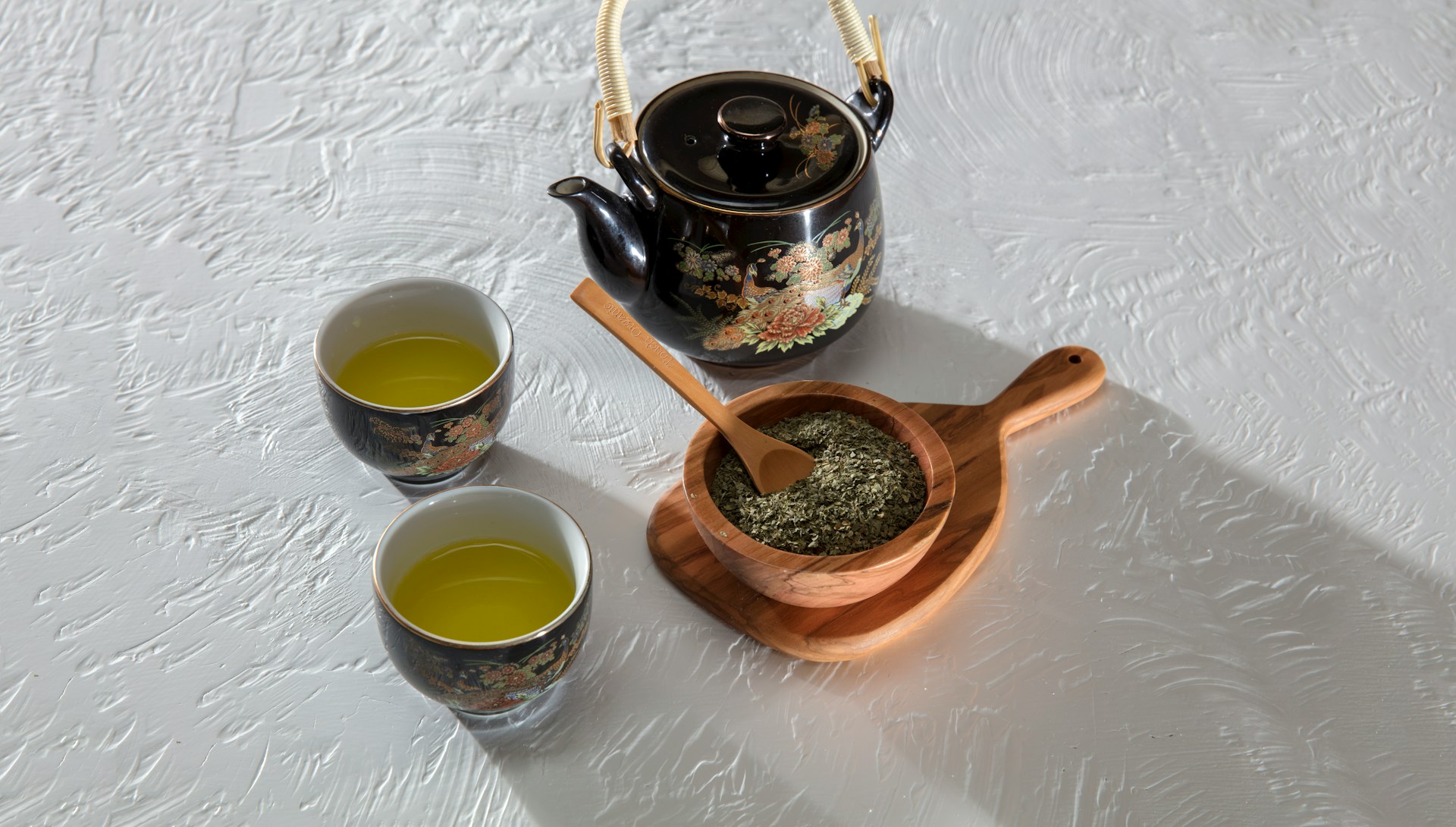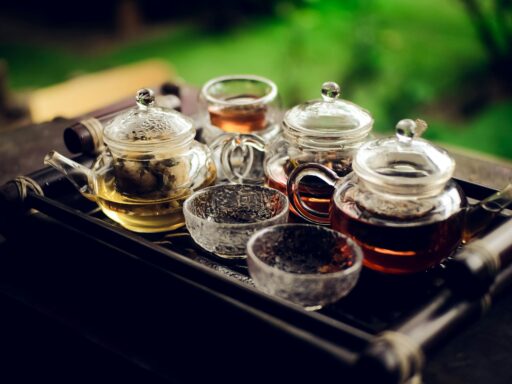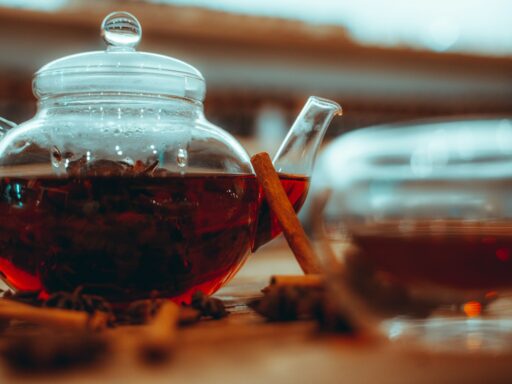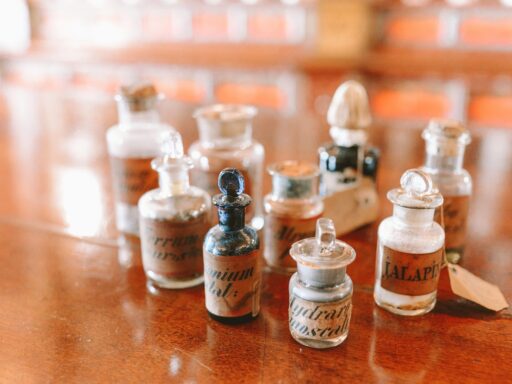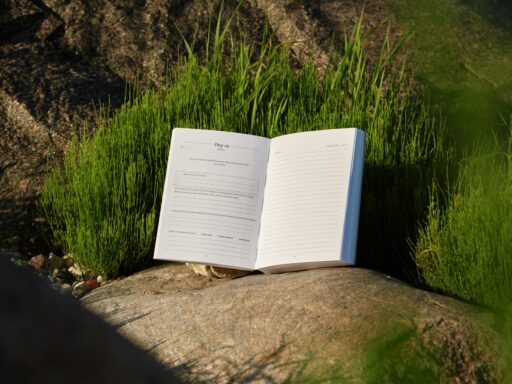Herbal teas have become a beloved choice for those seeking a natural way to support their health and well-being. Unlike traditional teas, herbal blends are caffeine-free and made from a variety of plants, flowers, and roots. From soothing stress to boosting immunity, these teas offer a gentle, holistic approach to wellness. At Pure Life Zone, we believe in embracing nature’s gifts to live a balanced life. This guide will walk you through the benefits of herbal teas, how to choose the right herbs, and easy steps to brew your own blends at home. Whether you’re new to herbal teas or a seasoned sipper, you’ll find inspiration to create teas that nurture your body and mind.
Benefits of Herbal Teas
Herbal teas are more than just a comforting drink—they’re packed with health benefits. Many herbs used in teas, like chamomile and peppermint, are known for their calming effects, making them perfect for unwinding after a long day. Studies suggest that chamomile tea may reduce anxiety and promote better sleep. For digestion, teas made with ginger or fennel can ease bloating and support gut health. If you’re looking to boost your immune system, elderberry and echinacea teas are popular choices due to their antioxidant properties. These teas are also hydrating, low-calorie, and free from artificial additives, making them a wholesome addition to any daily routine. By incorporating herbal teas into your lifestyle, you can enjoy both their therapeutic effects and delightful flavors.
Choosing the Right Herbs
Selecting the right herbs is key to crafting a tea that suits your needs. Here are three popular herbs and their benefits:
- Chamomile: Known for its mild, apple-like flavor, chamomile is a go-to herb for relaxation. It’s often used to ease stress, promote sleep, and soothe digestive issues. Its anti-inflammatory properties make it a versatile choice for overall wellness.
- Lavender: With its floral, slightly sweet taste, lavender tea is excellent for calming the mind. It’s often paired with other herbs to enhance relaxation and may help reduce headaches or tension.
- Nettle: This nutrient-rich herb has an earthy flavor and is packed with vitamins and minerals. Nettle tea is often used to support immunity, reduce inflammation, and promote healthy skin.
When choosing herbs, opt for organic, high-quality options to ensure purity. You can find dried herbs at health food stores or grow your own for a fresh, sustainable supply. Always research an herb’s effects, as some may interact with medications or be unsuitable for certain conditions.
How to Brew the Perfect Herbal Tea
Brewing herbal tea is simple, but a few tips can elevate your experience. Follow these steps for a flavorful, effective cup:
- Measure Your Herbs: Use 1-2 teaspoons of dried herbs per 8 ounces of water. For fresh herbs, double the amount.
- Heat the Water: Bring water to a boil, then let it cool slightly (about 190°F) to avoid scorching delicate herbs.
- Steep Properly: Place herbs in a tea infuser or loose in a pot. Steep for 5-10 minutes, depending on the herb. Stronger herbs like nettle may need longer, while chamomile is best at 5 minutes.
- Strain and Serve: Remove the herbs and pour the tea into a cup. Add honey or lemon for extra flavor, if desired.
- Blend for Balance: Combine herbs for unique effects. For example, mix chamomile and lavender for a calming bedtime tea.
Use a ceramic or glass teapot to preserve the tea’s flavor. Avoid over-steeping, as it can make the tea bitter. Experiment with ratios and steeping times to find your perfect brew.
Creative Tea Recipes
Try these three herbal tea recipes to address different wellness needs:
- Calming Evening Blend: Combine 1 teaspoon chamomile, 1 teaspoon lavender, and ½ teaspoon peppermint. Steep for 5 minutes. This tea promotes relaxation and restful sleep.
- Digestive Soother: Mix 1 teaspoon fennel seeds, 1 teaspoon ginger (dried or fresh), and ½ teaspoon licorice root. Steep for 8 minutes. Ideal for easing bloating after meals.
- Immunity Booster: Blend 1 teaspoon elderberry, 1 teaspoon echinacea, and ½ teaspoon rosehip. Steep for 10 minutes. This tea supports your immune system during cold season.
Each recipe can be adjusted to taste. Store your herb blends in airtight containers to keep them fresh. These teas are a delicious way to incorporate natural remedies into your daily routine.
Final Thoughts
Herbal teas are a simple yet powerful way to enhance your well-being. By choosing quality herbs and brewing with care, you can create teas that support relaxation, digestion, or immunity. Whether you’re sipping a calming chamomile blend or an energizing nettle tea, each cup brings you closer to a balanced, natural lifestyle. Visit Pure Life Zone for more wellness tips and start experimenting with your own herbal tea creations today. Your journey to a healthier, more mindful life begins with a single sip.

